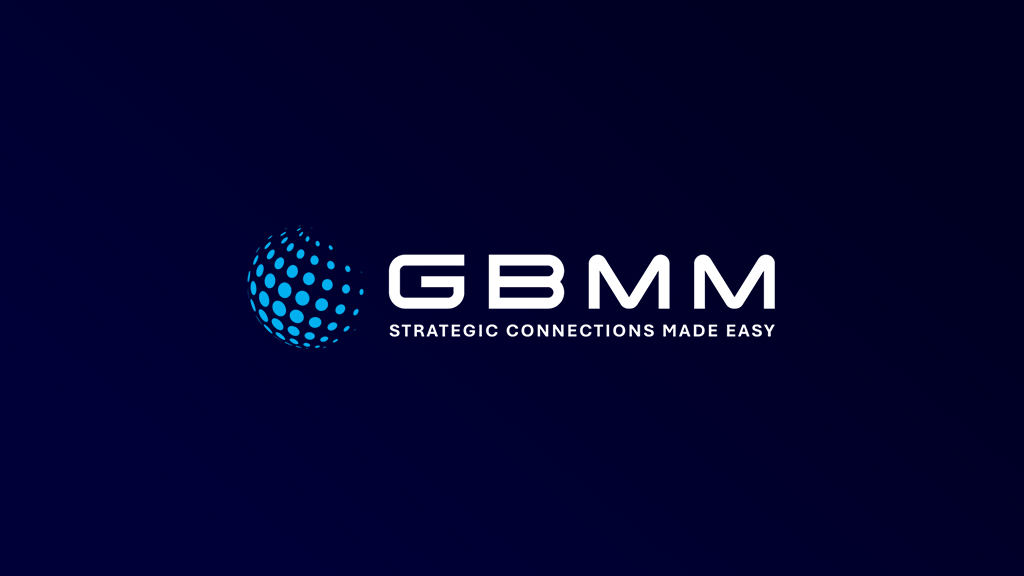In a move that confirms earlier projections by the GBMM team, the UK Government has increased employer National Insurance Contributions (NICs), now standing at 15% by 1.2% as part of its latest Budget announcement. This rise, while not unexpected, places significant financial pressure on businesses. Employer NICs are ultimately a tax on jobs—the more you tax, the less you get. This has been a longstanding critique echoed by business leaders, as highlighted in recent articles in The Telegraph, where they have voiced concerns over the detrimental impact on hiring and economic growth.
Mid-Tier Businesses Face a Squeeze
Mid-tier companies, often described as the backbone of the UK economy, find themselves in a precarious position. Unlike larger corporations, these businesses typically lack the economies of scale or pricing power to easily adjust to sudden cost increases. At the same time, they operate on tighter margins than small enterprises, making them particularly vulnerable to policy shifts such as this NIC increase.
For an average mid-tier company, the 1.2% rise in employer NICs could equate to tens or even hundreds of thousands of pounds in additional annual costs. In industries where margins are already thin, such as retail, manufacturing, or hospitality, these extra expenses are unlikely to be sustainable without significant operational adjustments.
The challenge is further exacerbated by the current economic climate, where inflationary pressures and rising input costs have already left businesses with limited room for manoeuvre. Passing these costs onto customers, while an obvious solution, may not be feasible in markets where demand is price sensitive. This could result in companies cutting back on hiring, scaling down investments, or even restructuring to stay afloat.
A Short-Lived Windfall with Inflationary Risks
From a macroeconomic perspective, the government’s decision to raise NICs is intended to address immediate fiscal needs, including funding for public services and managing national debt. However, GBMM’s analysis highlights that these gains are likely to be short-lived.
Increased employer NICs create upward pressure on wages. Businesses, facing higher employment costs, may offer smaller pay rises or freeze salaries altogether. However, in sectors with tight labour markets, companies could feel compelled to boost wages to attract and retain staff. Higher wages, in turn, risk fuelling inflation by increasing consumer spending power at a time when prices are already rising.
Moreover, the rise in NICs may stifle business investment. When companies divert resources to cover increased employment taxes, they are less likely to allocate funds towards innovation, expansion, or productivity-enhancing technologies. This, in the long term, could hinder economic growth and competitiveness.
A Balancing Act for Policymakers
While the government’s need to bolster revenues is understandable, the unintended consequences of the NIC rise should not be underestimated. For mid-tier businesses, the policy could represent a tipping point, pushing some to reconsider their growth strategies or even their viability in the current economic environment.
Policymakers must tread carefully. Measures to offset these pressures, such as targeted tax reliefs or grants, could help alleviate the burden on vulnerable businesses while maintaining the overall fiscal objectives. Without such interventions, the combination of higher costs and inflationary pressures could undermine the UK’s economic recovery and leave many mid-tier businesses in a precarious position.
As predicted by GBMM, this policy shift underscores the need for a balanced approach to taxation and economic management—one that supports fiscal stability without stifling the engine of the UK’s economy.
GBMM introduces, for select companies by invitation only, providers who can help mitigate these impacts on their total payroll using modern and trending EOR (Employer of Record) models. To find out more, contact GBMM.




















































































